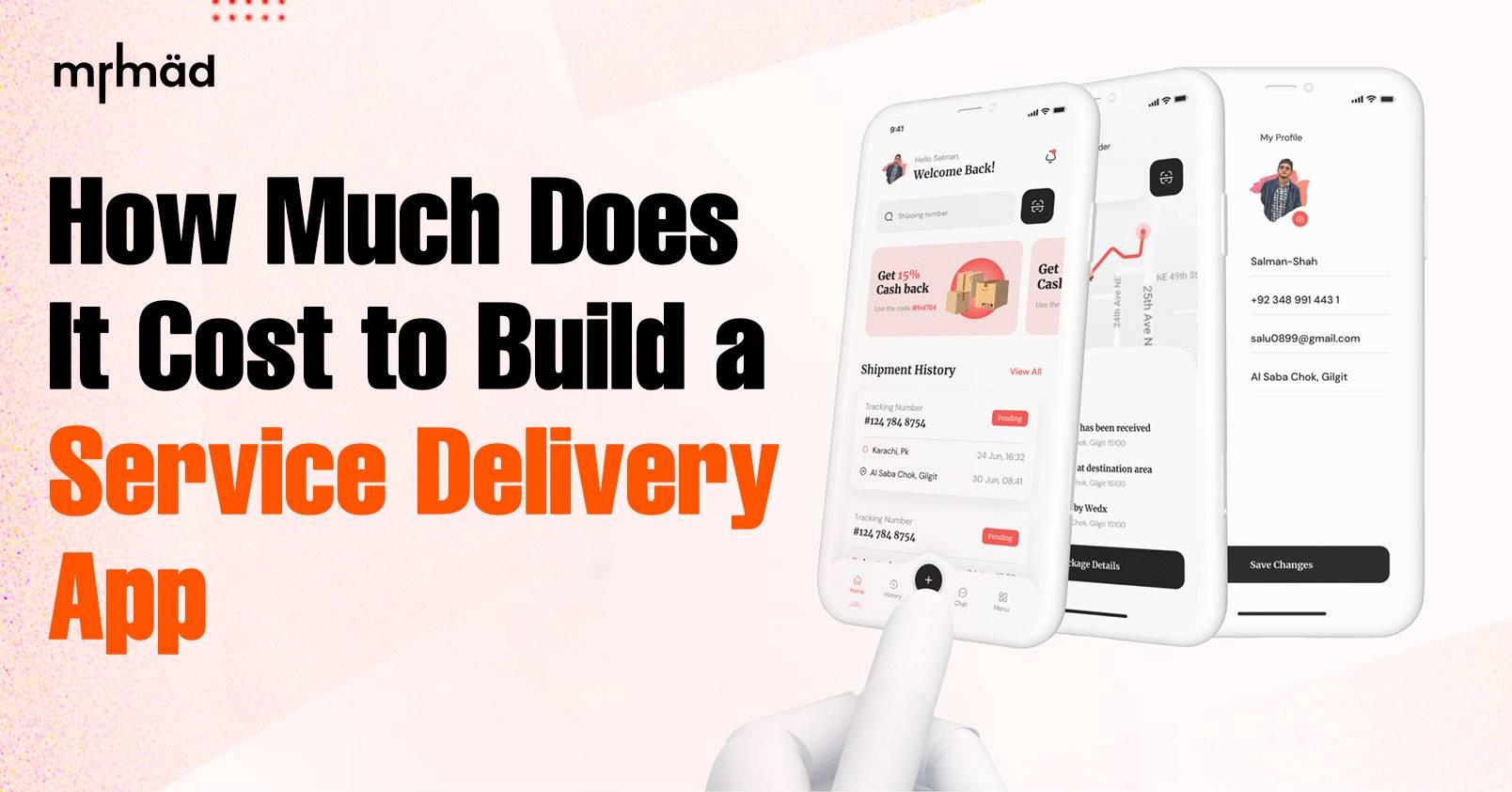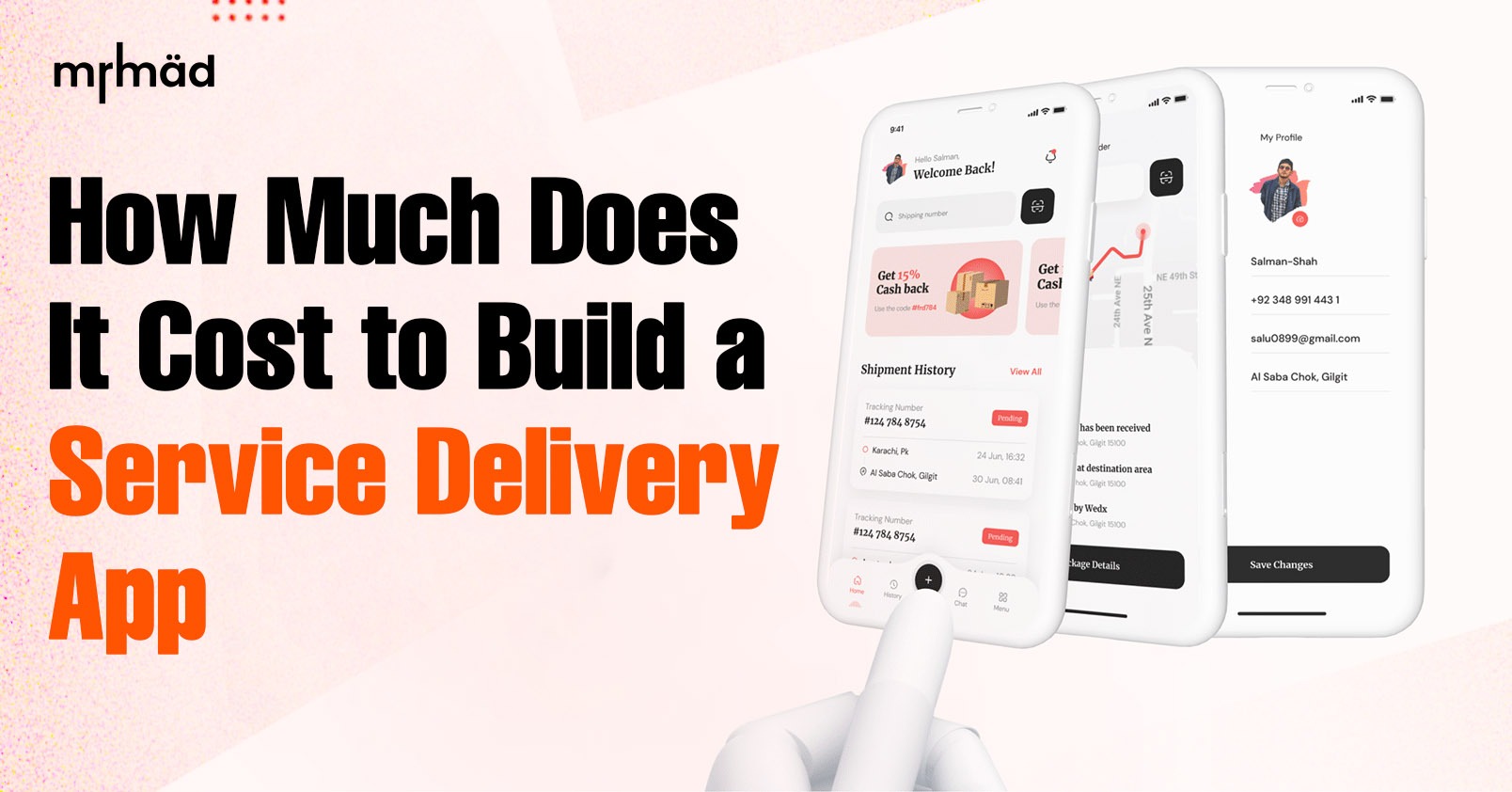User engagement can manifest in various forms, depending on the context, such as:
Content Engagement: In the context of content, user engagement might involve reading, watching, or listening to content, leaving comments, sharing, or liking it.
Website Engagement: For websites, engagement can be measured through metrics like time spent on the site, the number of pages visited, and interactions with elements like forms, chatbots, or search bars.
Social Media Engagement: On social media platforms, engagement includes likes, shares, comments, and follows. It indicates how users interact with posts and profiles.
Mobile App Engagement: In mobile apps, engagement can be measured by the frequency and duration of app usage, interactions with features, and in-app purchases.
Community Engagement: In online communities or forums, engagement encompasses active participation in discussions, asking and answering questions, and contributing valuable content.
Email Engagement: In email marketing, engagement includes open rates, click-through rates, and responses to calls to action.







